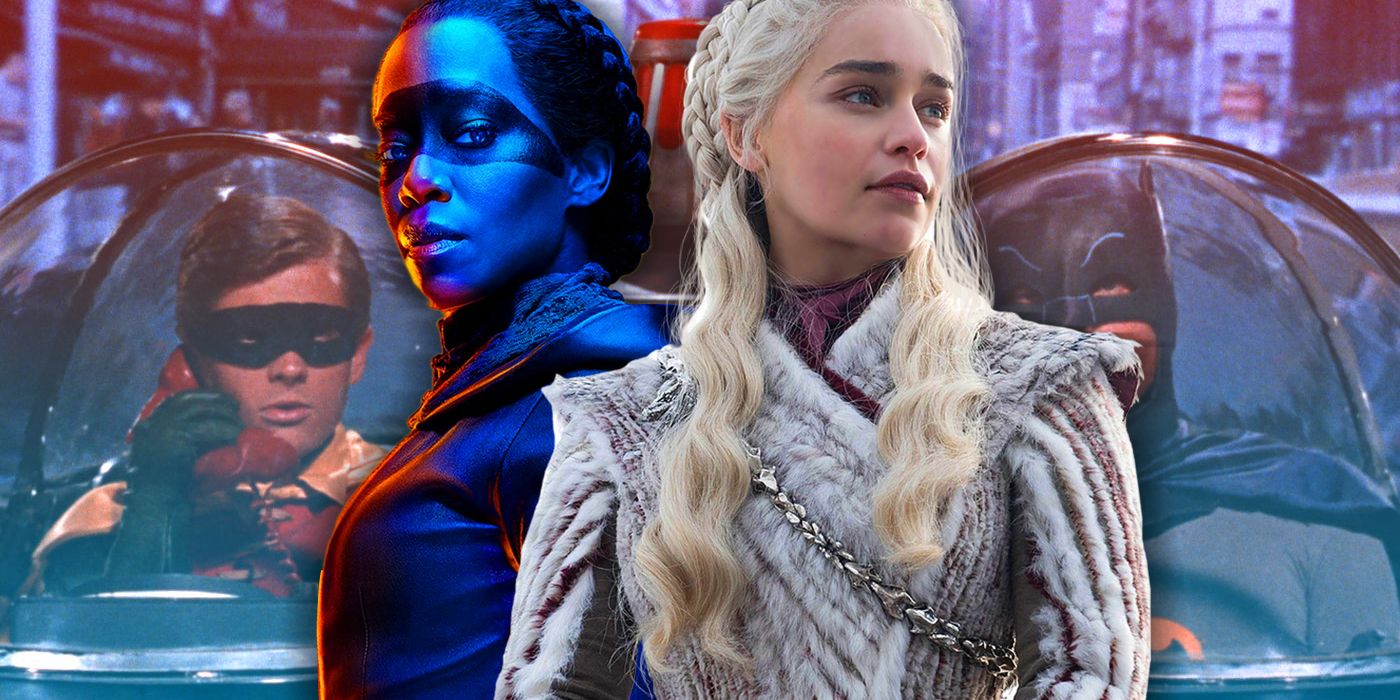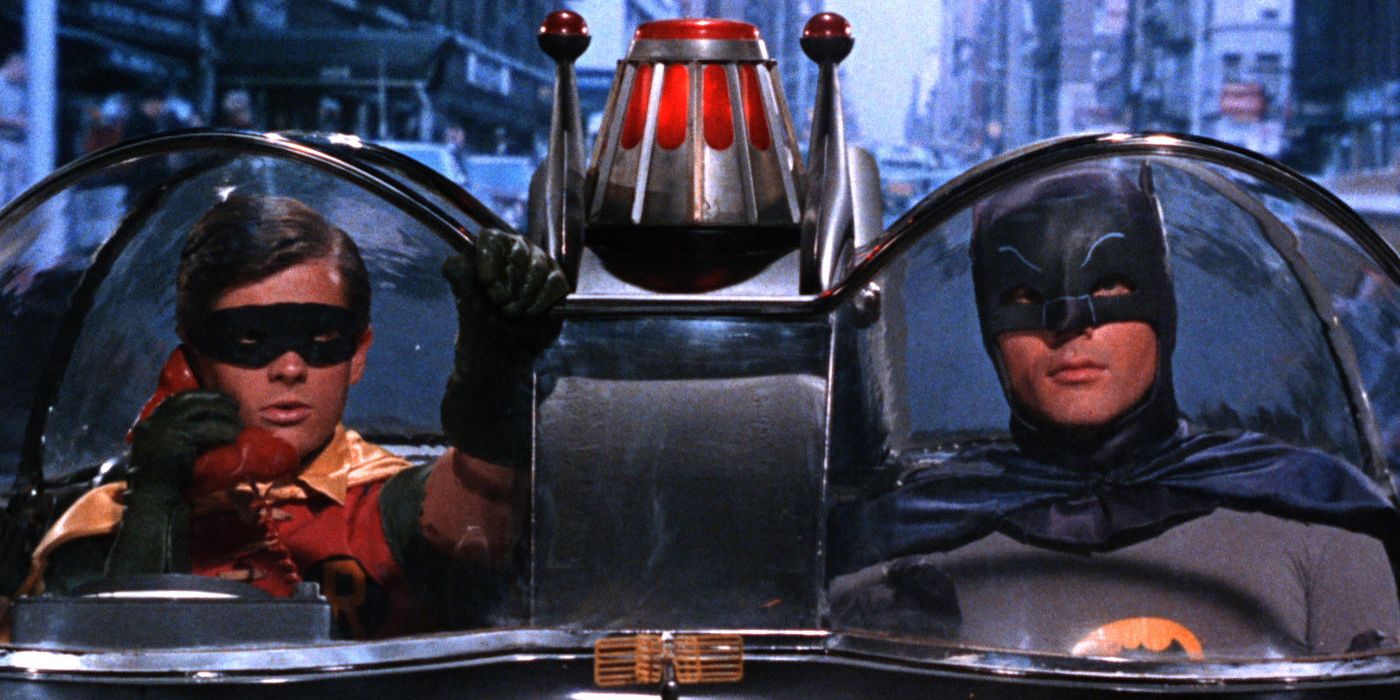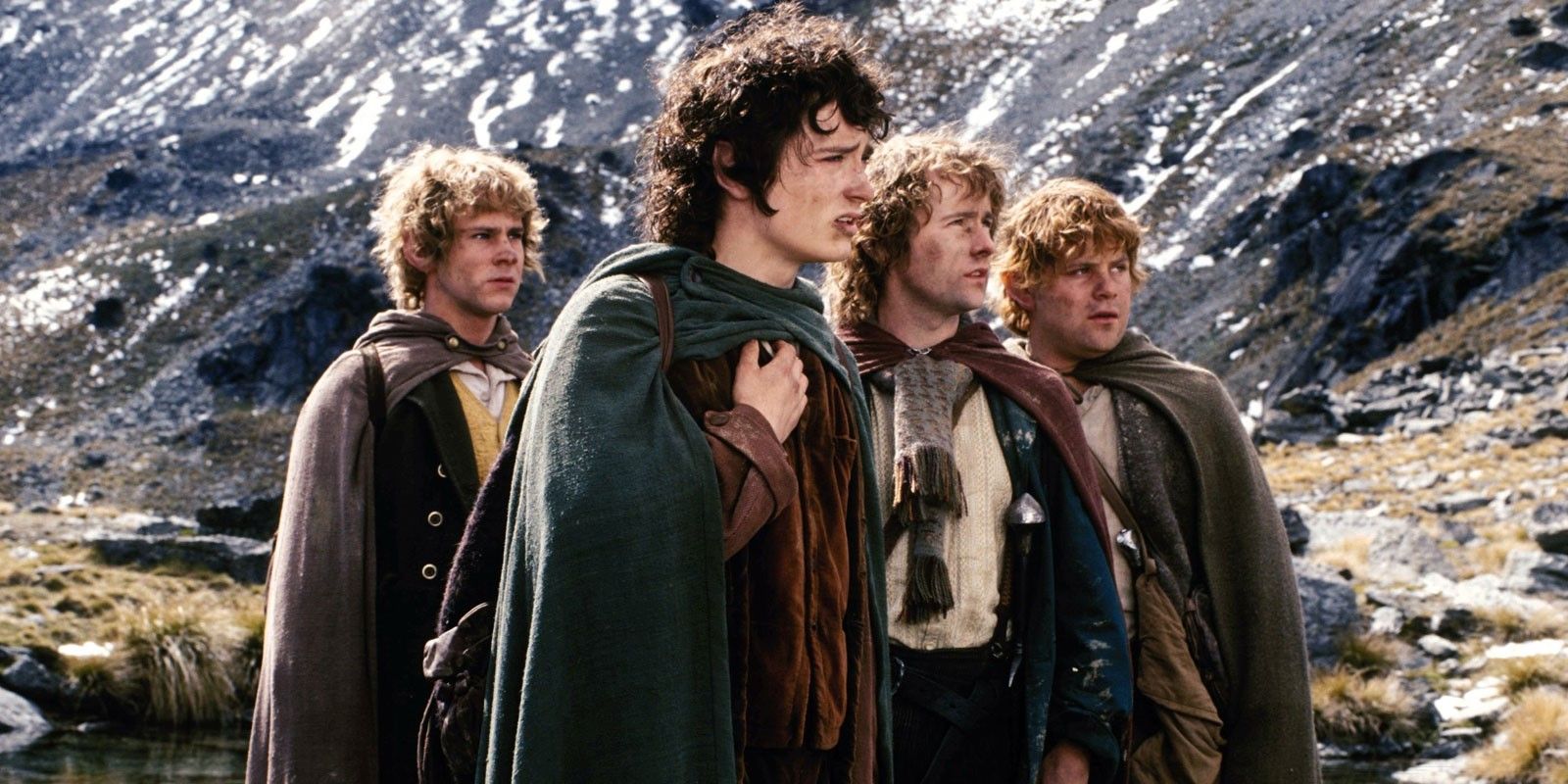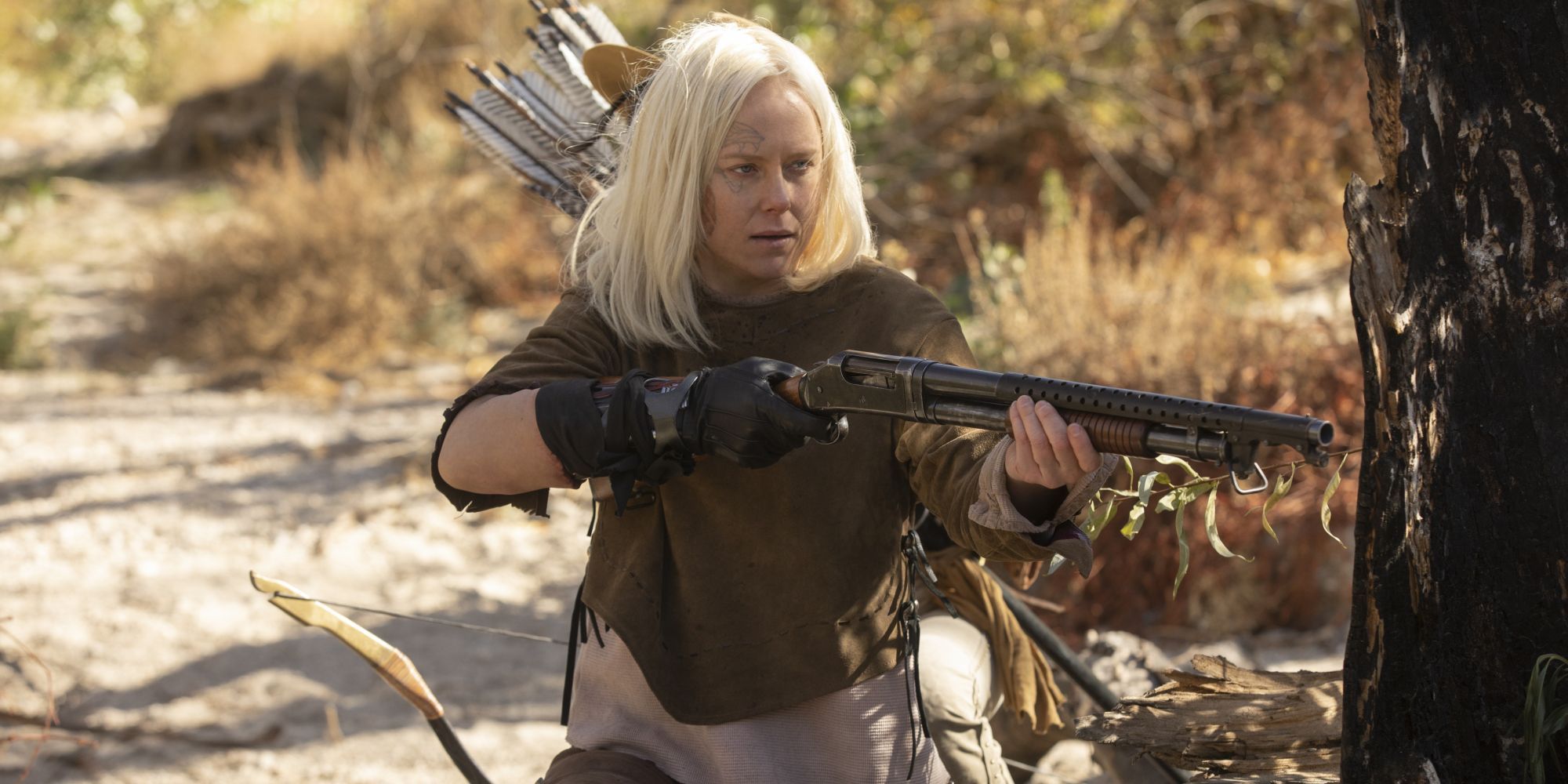The second decade of the current Golden Age of Television has finally brought fantasy into the mainstream. Though some critically-acclaimed shows have garnered most of the attention, fantasy has had a long and varied history, and promises to continue to be relevant for years to come.
Any discussion of fantasy on television requires a working definition of what makes the genre unique. Oftentimes, it becomes difficult to draw a line between fantasy, science fiction and horror -- an argument could be made Stranger Things, for one, is all three, depending on how each genre is defined. For the purpose of this article, the Encyclopedia Britannica defines fantasy as "imaginative fiction dependent for effect on strangeness of settings [...] and of characters" that takes place in an "imaginary world and features the magic of mythical beings."
Some of the first well-known shows with elements of fantasy premiered in the 1950s, ranging from Tales of Tomorrow, Flash Gordon and The Twilight Zone to Shirley Temple's Storybook. These programs were few and far between, and were mostly low-budget fare for a very niche audience or combined elements of fantasy with science fiction and horror in an anthology format, as in the case of The Twilight Zone. The 1960s encompassed the peak of the Space Age, resulting in many more shows, such as Star Trek and Lost in Space, tending towards science fiction. At the same time, several notable shows, such as Bewitched, Batman and I Dream of Jeannie continued the fantasy trend.
Over the next few decades, superhero shows such as Wonder Woman and The Incredible Hulk and children's programs from Land of the Lost to Fraggle Rock maintained the established conventions, along with the occasional drama such as Beauty and the Beast. At the time, television was considered significantly less prestigious than film, and as a result, lower budgets and a lack of special effects hamstrung many fantasy productions. Most live-action shows took place in the real world with elements of fantasy, and even those set in a different world, such as Land of the Lost, was focused on a regular family who happened to be transported to a new environment.
In the 1990s, the first elements of the coming fantasy revolution began to come together, as special effects became cheaper and more sophisticated. A number of new shows, like Buffy the Vampire Slayer, Dinosaurs, Xena: Warrior Princess, The Odyssey and Gargoyles represented a boom in the number, variety and scale of programs from the genre. However, while these shows began to appear with more regularity, and likely received increased financing from studios, none received any significant awards recognition. This meant that, even though more viewers may have become exposed to the genre, its reputation continued to be somewhat lackluster.
The two catalysts for the current era of fantasy television occurred almost simultaneously in the early 2000s. On one hand, television began entering its current Golden Age, as shows such as The Sopranos and The Wire challenged the levels of complexity, depth and popularity that a television show could aspire to. On the other, Peter Jackson's masterpiece, The Lord of the Rings trilogy, swept both the world and the Academy Awards, popularizing -- and most importantly normalizing -- fantasy as a critically respectable form of media.
Subsequent shows, such as Merlin, Heroes, Joan of Arcadia, Avatar: The Last Airbender and Lost boasted significantly increased production values, cultural significance and attention from the awards circuit. Though shows like The Twilight Zone received Emmy nominations in the past, fantasy television now commanded a much greater share of attention from audiences.
With fantasy now a reliable genre, studios became emboldened to commit more resources than ever before to the creation of these shows. This effort culminated in Game of Thrones, perhaps the greatest fantasy show ever produced. Though fans can argue over the quality of its last few seasons, it's undeniable that the HBO series transformed the landscape of television by making fantasy not only acceptable, but also cool. Millions of fans worldwide shared fan theories online, traveled to filming locations, bought merchandise and, most importantly, tuned in every week the show was on air -- leading it to climb to 13 million viewers for the series finale.
Game of Thrones also broke the glass ceiling for fantasy shows as a force at the Emmys. With four awards for Outstanding Drama Series, 59 total wins and 160 nominations over just eight seasons, there was no stopping the momentum the franchise generated. This legacy has been supported by other shows like Westworld, The Handmaid's Tale, Stranger Things and Watchmen, all of which have resonated with audiences and earned varying levels of Emmy Award recognition over the past few years. Watchmen in particular has stood out, re-contextualizing and honoring a beloved franchise on the way to 26 Emmy nominations -- the most of any show in 2020.
As a result, it's safe to say fantasy is here to stay. Looking towards the future, there are some shows in varying stages of production that could continue the trend. Both Watchmen and Stranger Things will probably have at least one more season to go. Meanwhile, Marvel is planning an entire slate of high-budget superhero shows such as The Falcon and the Winter Solider and WandaVision. And Netflix is set to try and succeed where others have failed with a live action Avatar: The Last Airbender and another season of The Witcher, while Amazon is hard at work filming the Lord of the Rings show in New Zealand.
Going forward, superheroes and diversity may prove to be the genre's leading trends. Super-powered individuals have proven to be profitable in everything from The Boys to The Umbrella Academy, while representation, whether it be gender, race or orientation, allows viewers to feel included, and thus, more likely to commit to a show long-term. Regardless, fans can be sure that many more big projects are undoubtedly on the horizon, as every new fantasy hit paves the way for the inception of another.




